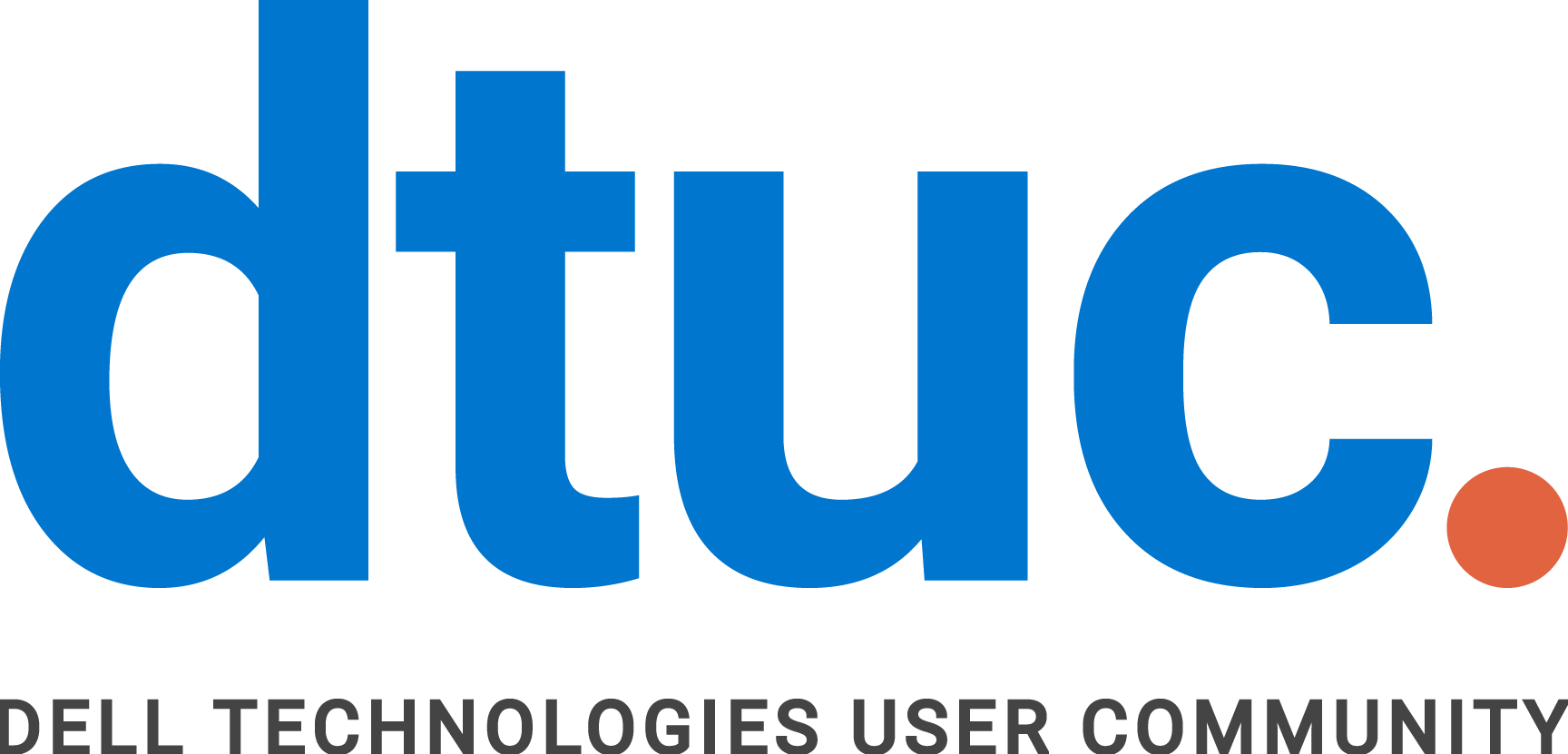In the era of the hybrid workforce, Dell’s hybrid clients can offer significant benefits for IT professionals managing computing operations for small, midsize or large organizations. They allow users to access their applications and data easily and securely, regardless of whether those applications and files are hosted locally or in the cloud.
Organizations in the midst of digital transformation—as well as those with remote and in-office workers—can take advantage of the flexibility offered by the Dell Hybrid Client (DHC) platform, which includes the Dell OptiPlex 7070 Ultra and Wyse 5070 client systems.
“Companies that leap suddenly into cloud transition can encounter a range of issues, from management limitations across multiple cloud platforms, to severe performance bottlenecks caused by, for example, network and storage constraints,” according to a recent analysis by Hot Tech Vision and Analysis, “Dell Hybrid Client: Bridging the Gap in an Increasingly Cloud Connected World.”
The analysis notes that DHC allows application processing to be done locally as needed, then shift some or all of that load to the cloud. The Wyse Management Suite, a cloud-based management solution for configuring and managing Wyse clients, is included with DHC and helps automate these processes on a per-user basis from a centralized, cloud-based environment
The resource mentions, “By giving large enterprises the ability to balance application execution between the cloud and the local client, IT can better match user needs against hardware costs and operational expenses in cloud resources,” It continues with, “Users will enjoy a capable, user-friendly system that provides faster, more reliable performance with their customized data and environment carried over, while DHC-powered organizations will find themselves with easier management, improved data security, and superior return on investment (ROI).”
Building a resilient infrastructure
As IT decision-makers consider new investment strategies, including virtualized computing for back-to-office planning and the future of work, flexibility and resiliency are top-of-mind-priorities, according to an Enterprise Strategy Group (ESG) white paper, “Evaluating the Economic Benefits of a Modern Client Strategy.”
COVID-19 sparked a rethinking of workforce enablement methods, shifting device and delivery strategies. The study notes, “The traditional desktop delivery methods used prior to COVID-19 were predictable and familiar, if not always easy to deploy, manage, and maintain.” The study makes it clear that, “businesses are exploring alternative ways to deliver a consistent computing experience for users while gaining economic advantages. Dell Hybrid Client, a modern client approach, delivers a computing solution that can help organizations achieve their objectives.”
Benefits of a DHC approach
For IT leaders, the DHC approach can deliver a host of integrated benefits, according to the ESG report, including the following:
- Speeding deployment. Automated setup and out-of-the-box provisioning enable configuration, updates, and other tasks to be completed without IT staff involvement.
- Optimizing endpoint investment. Users can quickly access data and storage resources, and their experience improves because there are fewer devices per employee to manage. This complements an organization’s sustainability goals.
- Reducing licensing cost. Higher visibility and tracking of usage, versions, and device/user assignments enable better cost control. The same holds true for application licensing.
- Enabling a cloud-first strategy. A cloud-first strategy helps a business operate with the speed and agility to keep up with business changes and demands without capital investment.
- Streamlining IT operations. Using a central console, IT teams can quickly orchestrate across cloud, virtual, and local applications while also configuring systems and BIOS, completing updates, pushing application updates and operating system images, and scheduling tasks to be completed in real time. Helpdesks can troubleshoot issues and resolve tickets efficiently from anywhere at any time via a web browser or mobile application.
- Enhancing security. IT can maintain and enhance an organization’s security posture, for example, by combining information about users, endpoints, applications, data, and the network before granting access. Fewer unknown devices on the network lowers risk and expedites incident remediation.
- Improving user experience. Users are decoupled from specific devices, eliminating issues that arise from manually, improperly configured devices and improving productivity through device and location flexibility.
As the user environment continues to change, having an endpoint strategy that allows flexibility and agility is vital for IT leaders looking at the next few years. As the ESG report said, “Now is an ideal time to think through client computing strategies and how they match the way employees work now and how they will work in the future.
On April 27, Dell Client Community will be hosting a webinar to take an in-depth look at Dell’s Wyse/Thin Client line, including desktops, mobile thin clients, and all-in-ones. It will be lead by Rakhi Gandhi and other leaders of Dell’s Wyse/ Thin product line.
